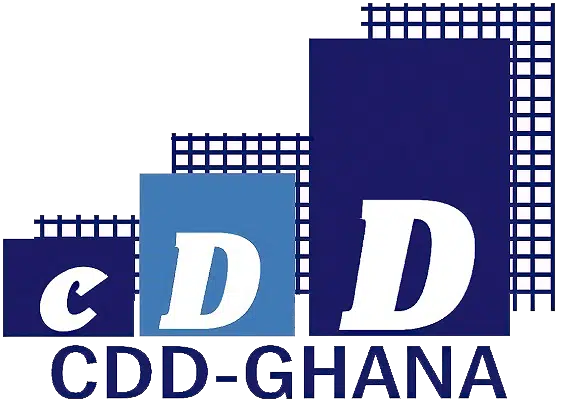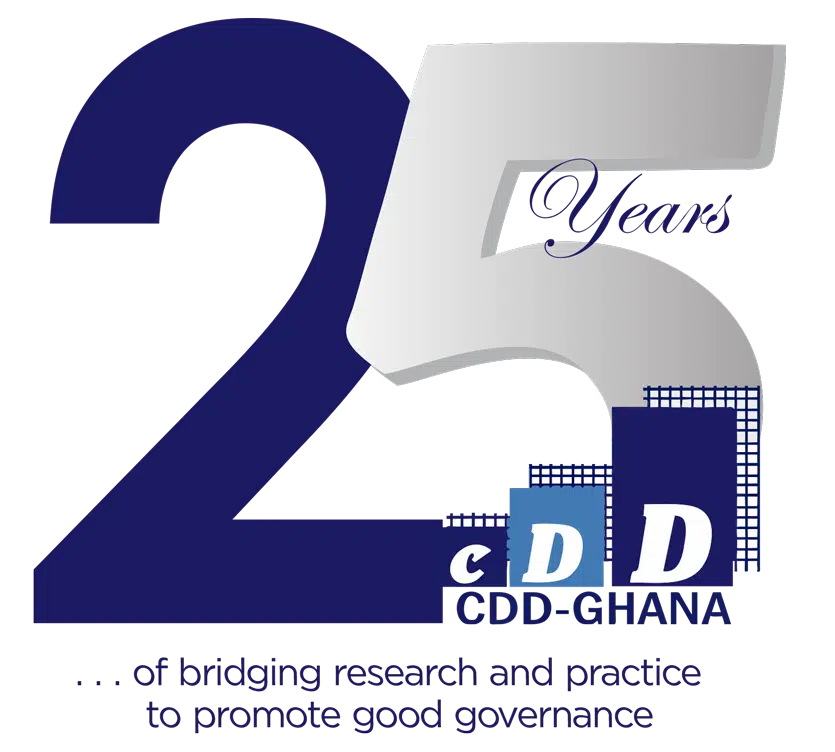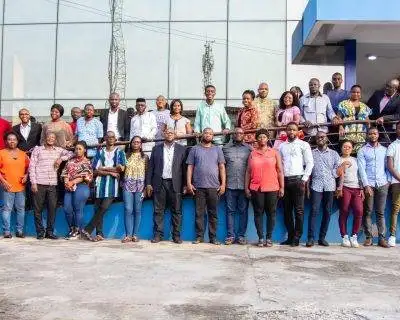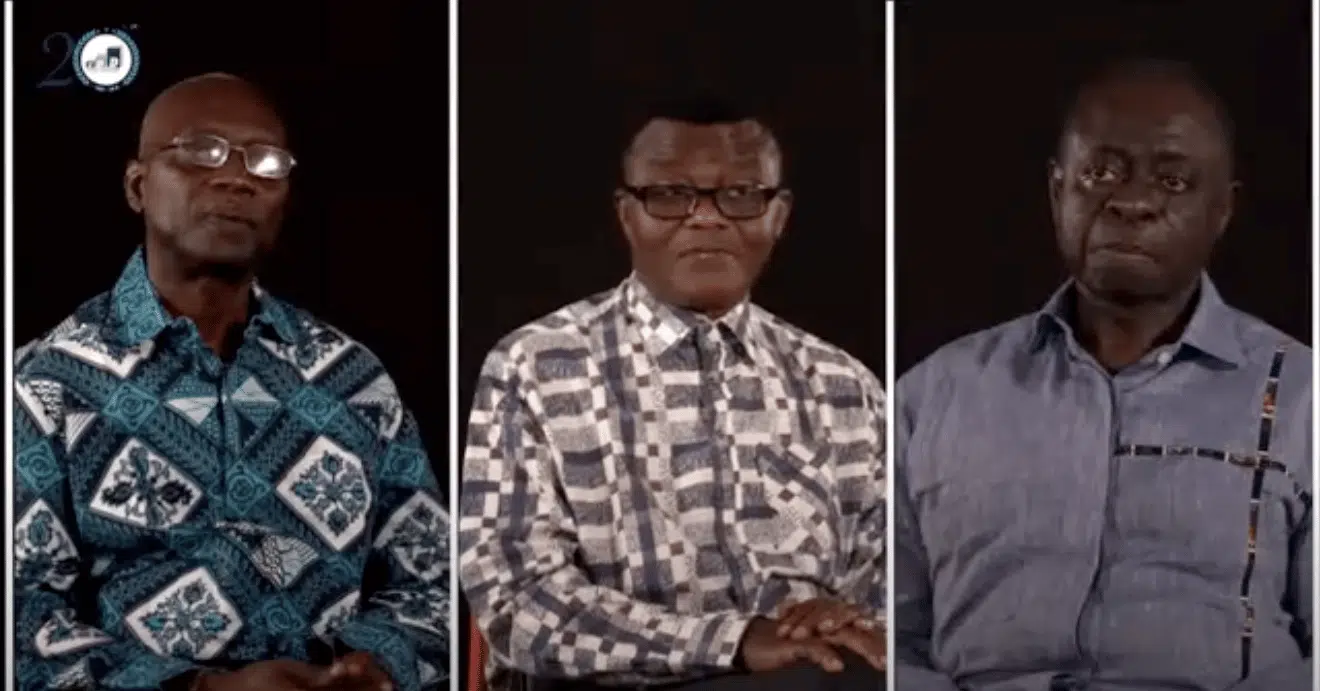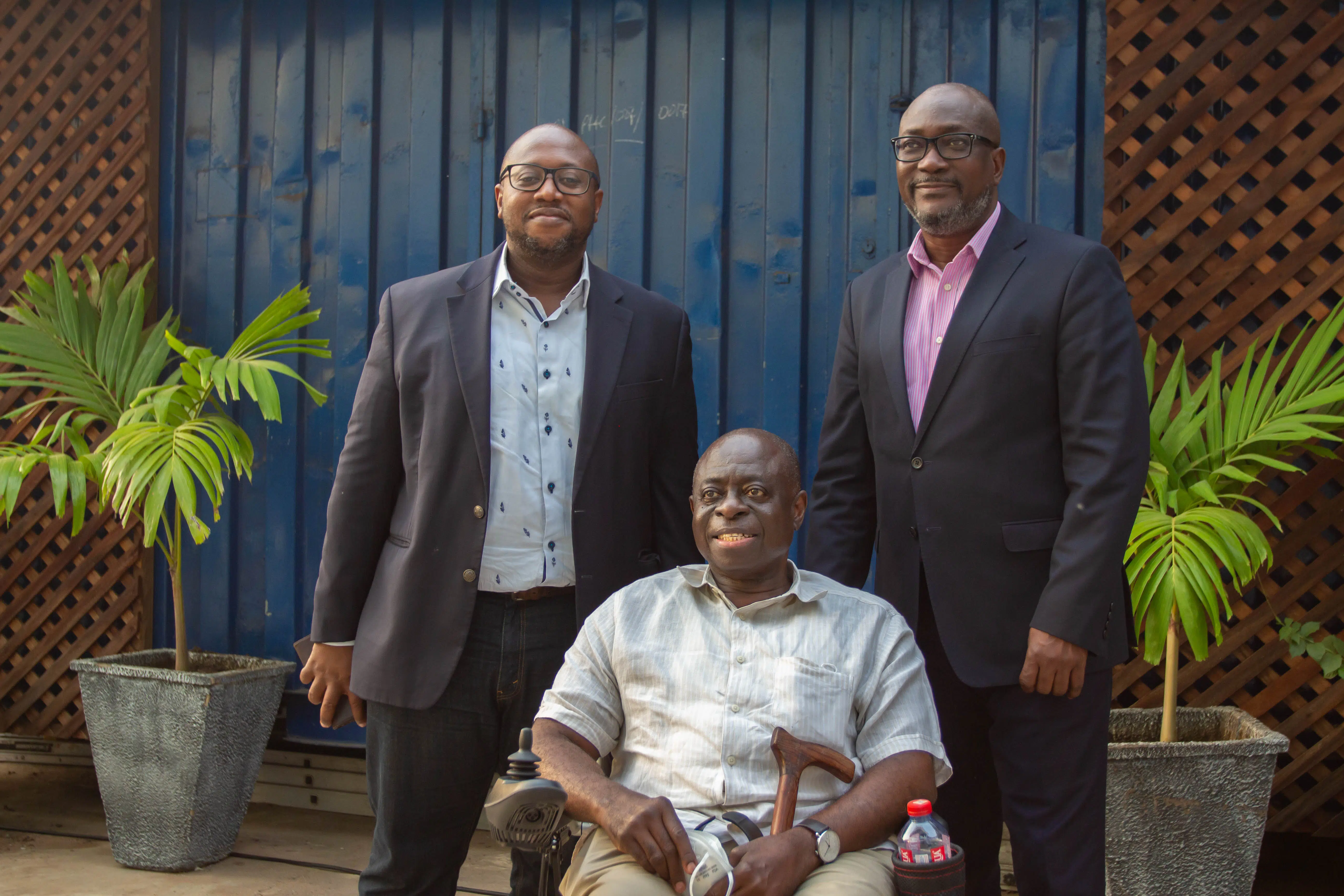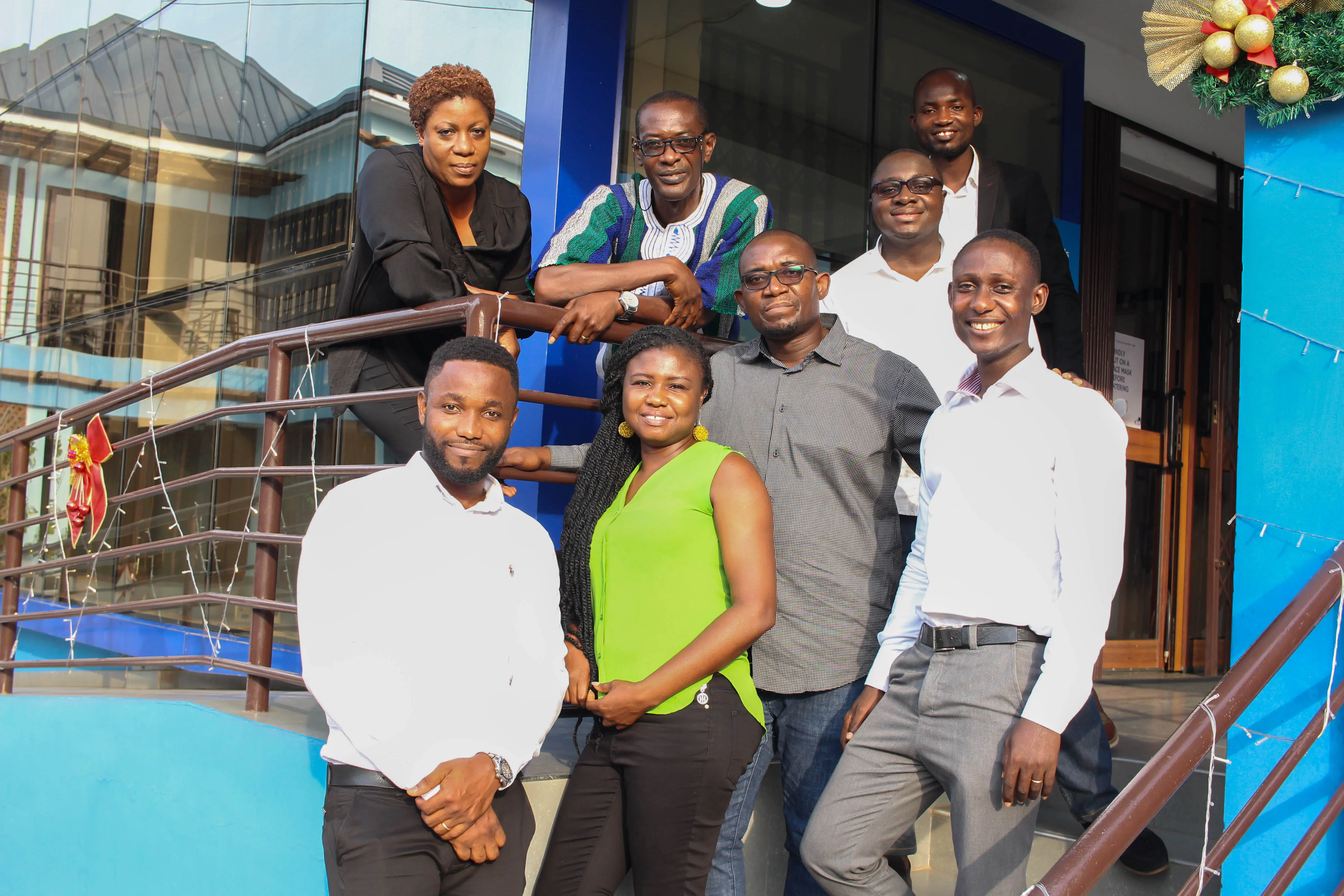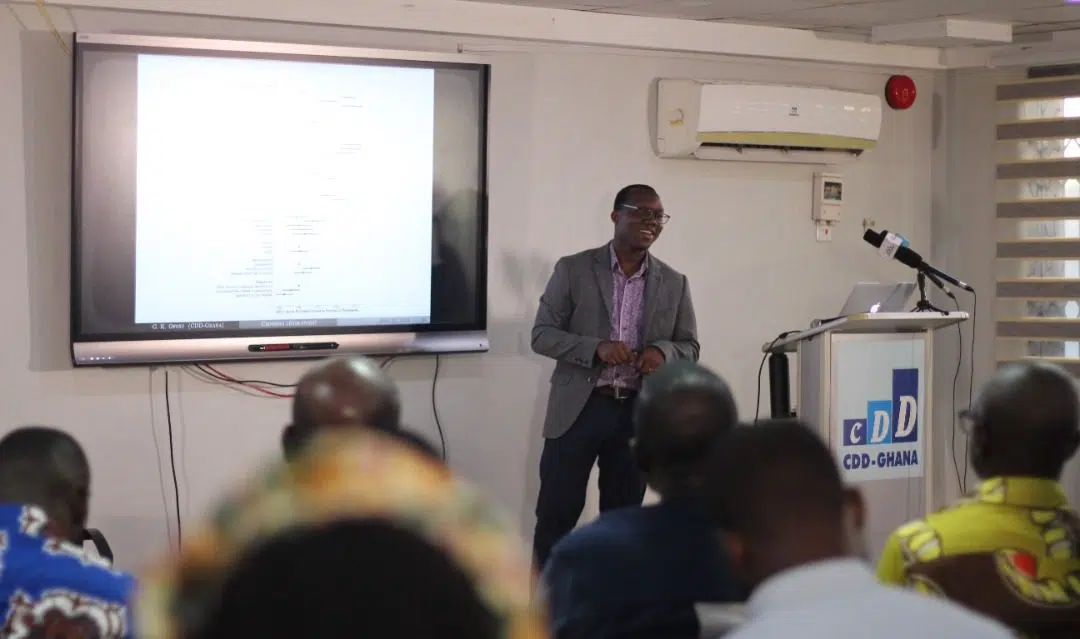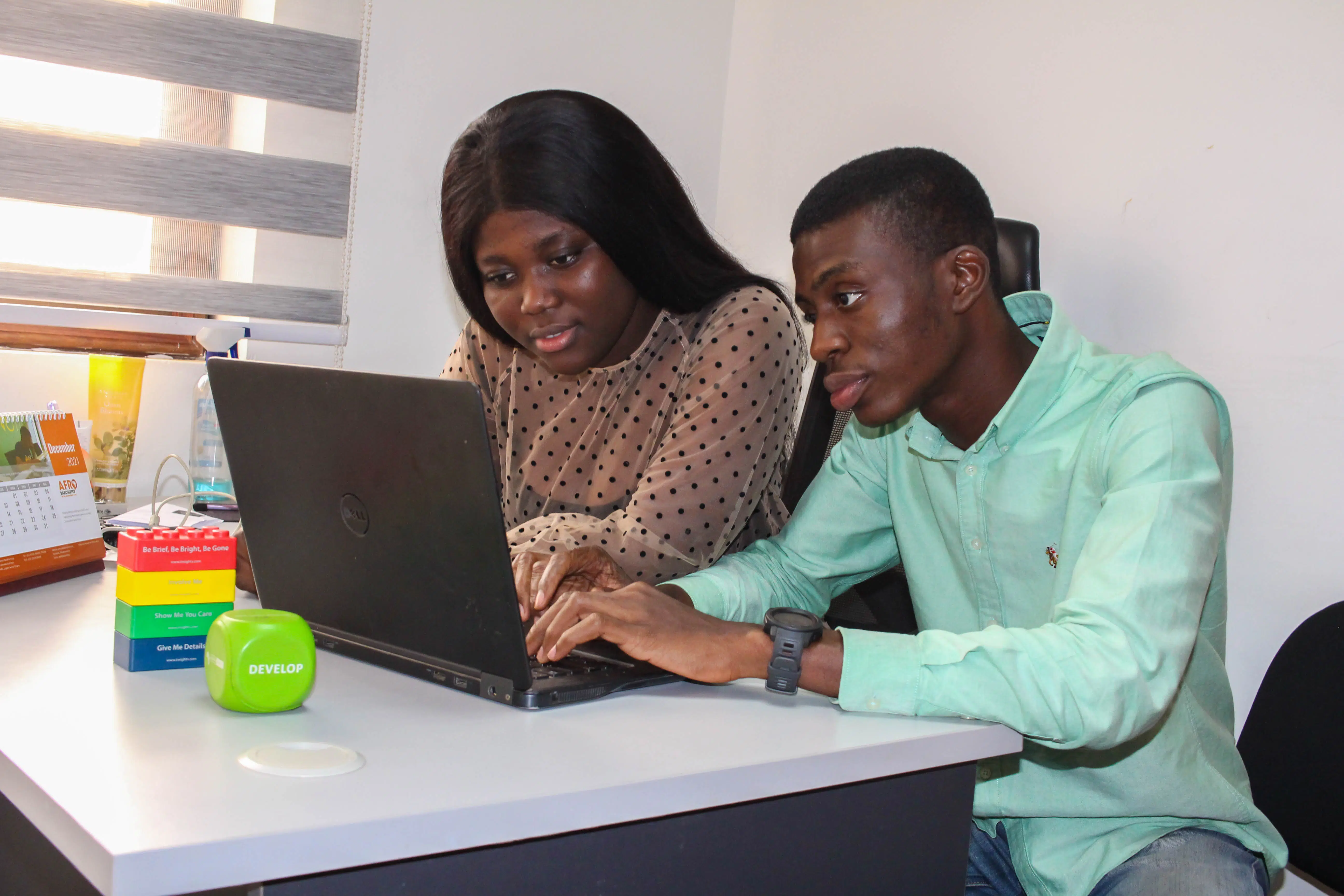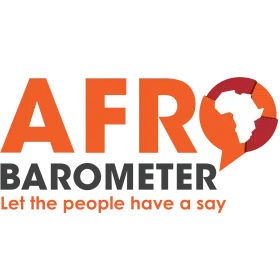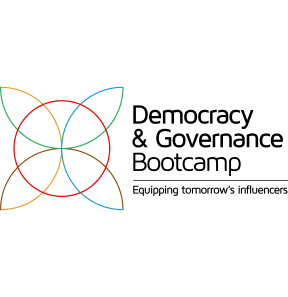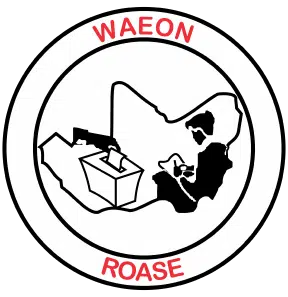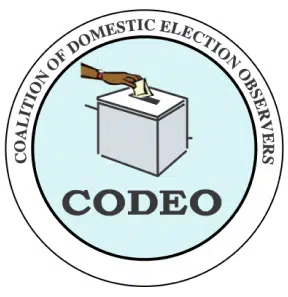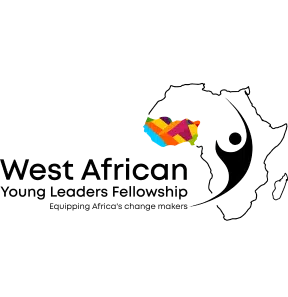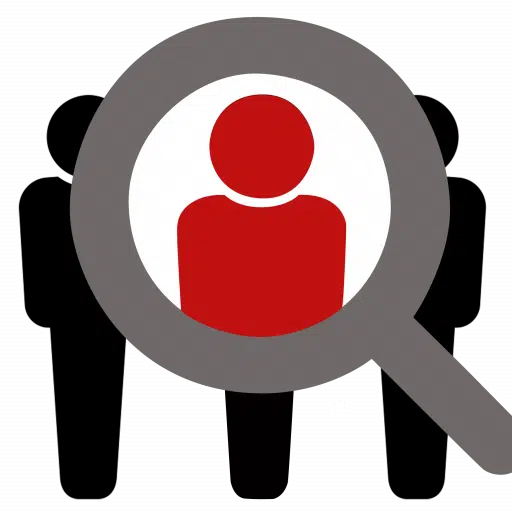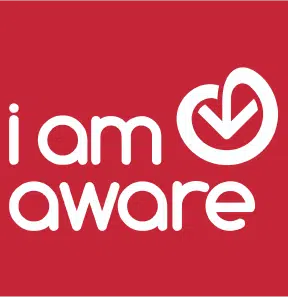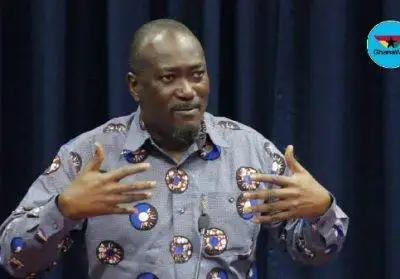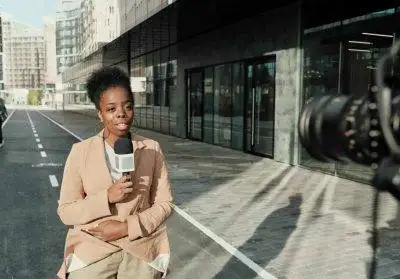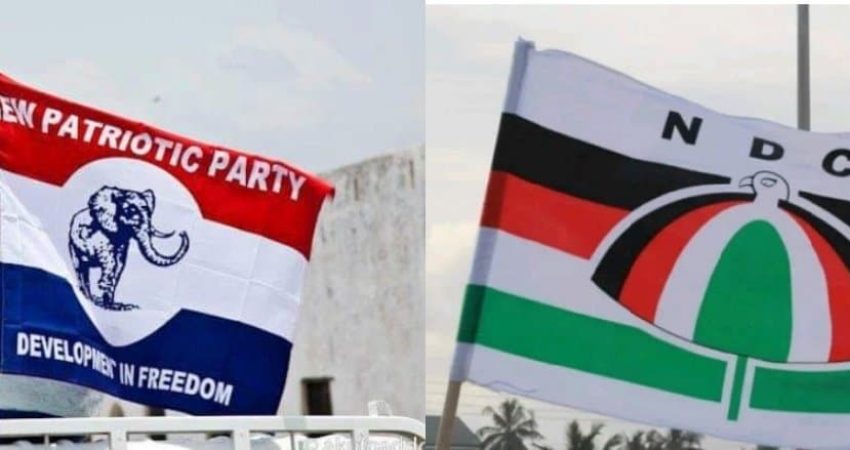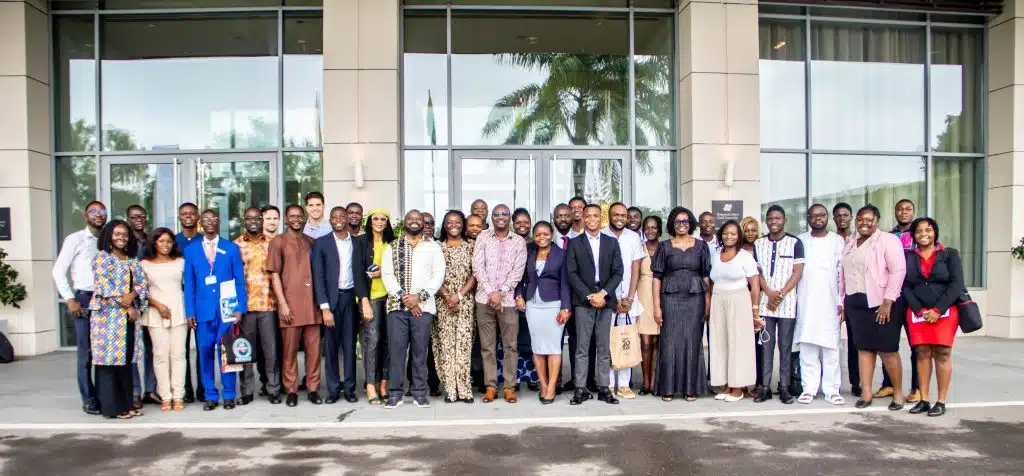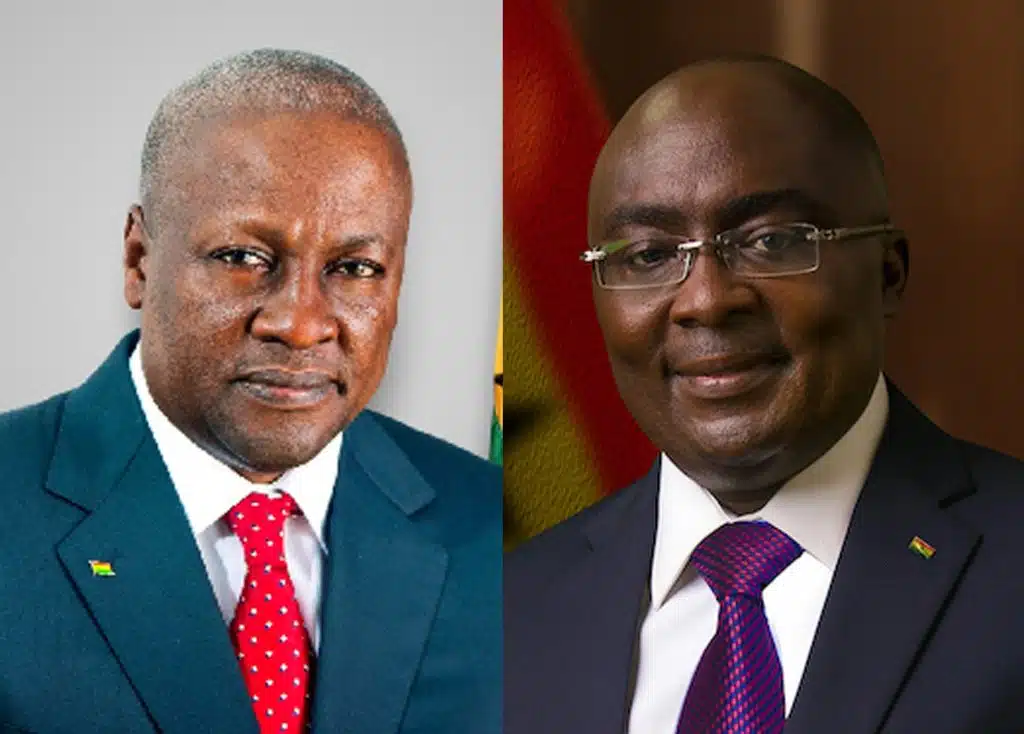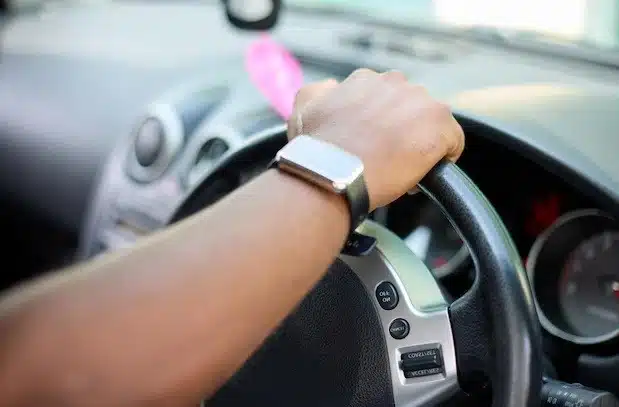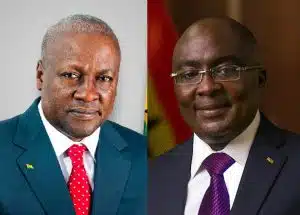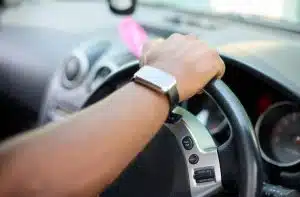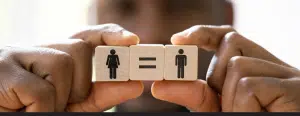It is 2024. This means it is officially election season. We know who the flagbearers are for the two main political parties. The question now is, who will partner them as running mates? Does it matter? How critical is the role of the running mate to a presidential candidate’s electoral fortunes?
The Influence of The Running Mate
In 2016, Prof. Isaac Owusu (Report of Elections Study of 24 Swing Constituencies) examined the influence of running mates on the decision of voters. When asked “does the running mate influence your choice of the president?”, fifty-one percent (51%) said “no”; forty-two percent (42%) said “yes”; six percent (6%) said “don’t know”; and one percent (1%) did not respond.
The survey study was conducted in five regions. In Greater Accra, 51% said yes, 41% said no. In Western, 43% said yes, 43% said no. In Brong Ahafo 30% said yes, 66% said no. In Northern, 65% said yes, 31% said no. In Central 30% said yes, 63% said no.
In 2020, when the iRIS Research Group (Ghana 2020 Pre-Election Survey: Report OF The Study Of 36 Competitive Constituencies) asked “would the selection of the running mate influence your choice of the presidential candidate you would vote for?” twenty-five percent (25%) answered “yes”, seventy-two percent (72%) answered “no”, and two percent (2%) answered “maybe.”
The survey study was conducted across twelve regions in which eleven (Western, Western North, Central , Greater Accra, Eastern, Ashanti, Ahafo, Bono, Bono East, Northern, Northeast and Upper East) predominantly answered “no” and one (Northeast) answered “yes.”
When specifically asked about the two main running mates, fifty-nine percent (59%) said yes, forty-one percent (41%) said “no” in the case of Prof. Naana Jane Opoku Agyeman influencing their vote for the NDC while forty-nine percent (49%) said “yes,” fifty-one percent said “no” in the case of Dr. Bawumia influencing their vote for the NPP.
What can we learn from the election results? The NDC won the Central Region with Arkah in 1992, Mills in 1996, and Amissah Arthur in 2012. The NDC lost the same region with Amissah Arthur in 2016, and Prof. Naana Jane in 2020. The NDC picked Martin Amidu (Upper East Region) in 2000, Mumuni (Northern Region) in 2004 and John Mahama in 2008 (Northern Region). These regions have traditionally been won by the NDC and so one cannot view the selection of running mates from the region as a strategy to win the region. I see it as the regional balancing of the ticket.
For the NPP, except for the 1996 elections where the running mate was from the Central Region (Arkah) because of the grand alliance between NPP and the opposition political parties, the party has regularly chosen running mates from the Northern Region, a generally strong hold of their main political rivals (The NDC). So, what has been the political payoffs?
As I shared weeks ago in one of my daily graphic op-ed pieces, the party has increased its share of the vote from 39% (1996) to 46% (2020) in the Northern Region. In the Upper East Region, they have increased their share of the vote from 17% (1996) to 34% (2020). In the Upper West Region, they have increased their share of the vote from 11% (1996) to 29% (2020). In the newly created Northeast, they won the region by 51% in 2020.
So, do running mates influence the outcome of elections? The verdict, at best, is mixed. From the two surveys examined, the verdict appears to be a) overall it does not matter and b) it if matters it depends on the region or the candidate in question.
From election outcomes, it appears that the selection of running mates from the Northern Region has had political payoffs for the NPP, but the case does not appear to be so for the NDC in selecting running mates from the Central Region.
Who Should Be Running Mate?
Our two parties have traditionally done a regional balancing for the ticket. For the NPP it has been South (Presidential Candidate) and North (Running Mate). With Dr. Bawumia as the 2024 presidential candidate (North), my guess is the running mate will be picked from the South. Who from the South? We wait to see.
The regional balancing for the NDC has been South (Presidential Candidate) and North (Running Mate) in 2000, 2004, 2008, and North (Presidential Candidate) and South (Running Mate) in 2012, 2016, and 2020. With John Mahama (North) as presidential candidate, my guess is the running mate will be picked from the South. Who from the South? The 2020 running mate? We wait to see.
Or will both parties break with tradition and not go for regional balancing this time? That will make for an exciting election season.
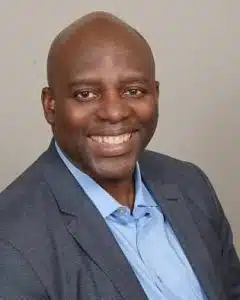 John Osae-Kwapong (PhD) is a Democracy and Development (D&D) Fellow at CDD-Ghana.
John Osae-Kwapong (PhD) is a Democracy and Development (D&D) Fellow at CDD-Ghana.
Featured photo credit: Citi Newsroom
